Field Stories Series #5
Kel. Jombang – Senin, 31 Agustus 2020
The Empatiku Team conducted training and simulation activities with the SITI Team in Jombang, South Tangerang. This activity was carried out on Monday, August 31, 2020. This activity was carried out with the aim of strengthening understanding of the SOP and case management flow, the main duties and functions and activity plans of each division.
After training and carrying out socialization activities in accordance with the follow-up plans made during the training, the meeting agenda that still needs to be carried out is to simulate SOPs and case management flows, so that each division understands its duties, including implementing administrative order, namely recording each process. Therefore, before conducting the simulation, discussion of the main duties and functions and work plans related to socialization and networking needs to be done again.
The meeting with the SITI Team of Jombang Village was started with lunch and continued with discussions
The simulation must be based on the current SOP and Protap. As a first step, to make it easier, there are several important things, namely early warning signs that lead to radicalism. Need to study and special observations of actions or activities in the community, and care among local residents, of course. The SITI team will report incidents which are considered to endanger radicalism.
Work Program and SITI Team’s main tasks and functions
The training has given birth to RTL but there is no work program for each division in detail considering the needs of each division. I explained that when viewed from the training flow it is necessary to make 3 work programs, namely:
1. Socialization (the person in charge is the education division)
2. Networked (Created by each division including the coordinator and its representatives)
3. Advocacy program (the person in charge is the chairman / coordinator)
Socialization
Socialization in the neighborhood has been carried out (RT and RW), up to the village level. Diforum – forums and other institutions, such as majelis taklim and others. At village meetings. This has something to do with networked work programs.
Networked
A healthy organization must be able to network with as many institutions as possible, either with government agencies, NGOs or individuals in order to make it easier to achieve goals and solutions to the problems at hand. Therefore, each division must create a work program related to networking.
The education division, for example, has a network with the head of the taklim assembly, the chairman of Rw or Rt, the recitation forum, the Youth Organization, PKK, Posyandu or others. The Remedial Division can network with community leaders, religious leaders, because when remedials do, community or religious leaders must become partners. When carrying out the dialogue, discussion or mediation process in the environment, it is necessary to look for influential people or people who are elders or respected by the reported group or the client when the case has been handled.
For referral case handling division, please network with Polsek, Koramil, P2TP2A, Puskesmas or any other institution that can facilitate teamwork. However, it should be noted that when a client is delegated as a referral case, the SITI team must continue to monitor it. For example, when a client is referred because he does not want to remedial or sign allegiance to the Republic of Indonesia, then the case needs to be monitored, to what extent the police can handle it. Therefore, when conducting socialization and networking, it is necessary to convey how the SITI team works so that it can be understood.
The Chief Coordinator or deputy coordinator also needs to think about networking with anyone so that the SITI Team becomes strong and can be independent
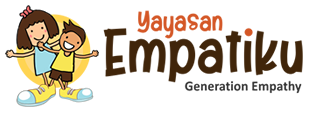
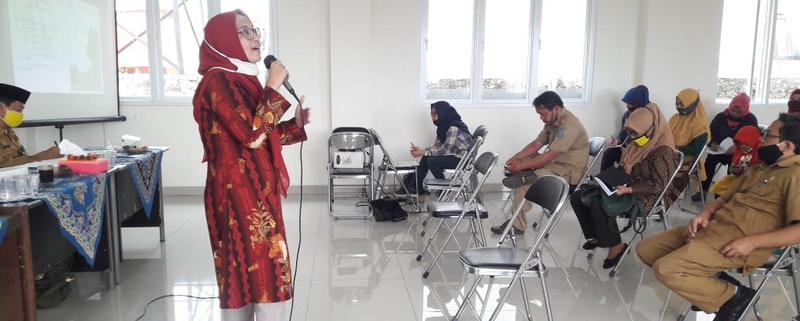
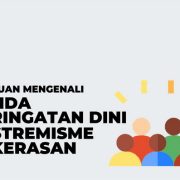
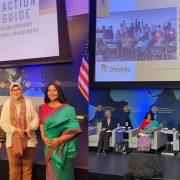
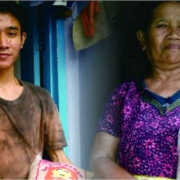
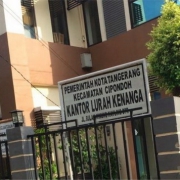
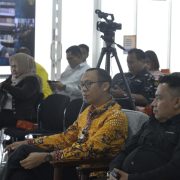
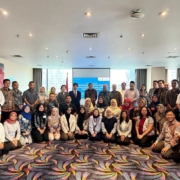
 EMPATIKU works to innovate learning processes and transform institutional systems to foster people’s emotional competence and instill empathy.
EMPATIKU works to innovate learning processes and transform institutional systems to foster people’s emotional competence and instill empathy.
